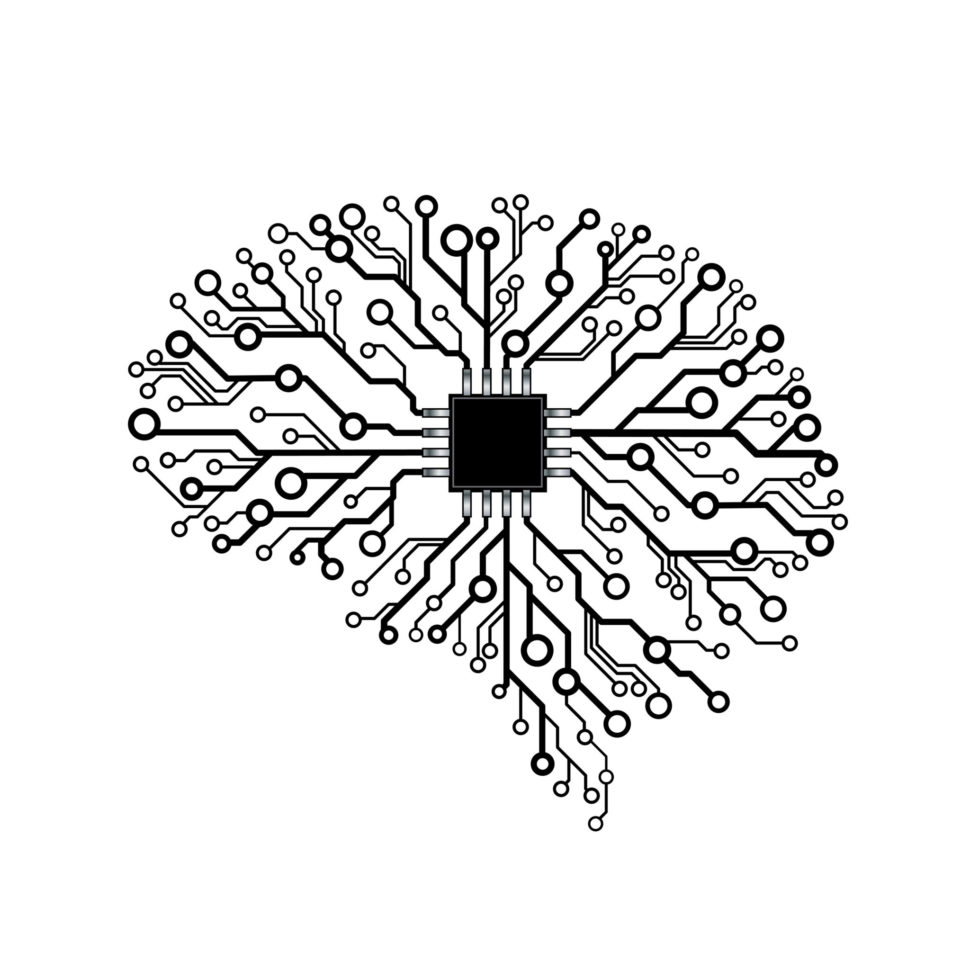A neurotechnology startup is working on neural implants that would help patients with memory disorders, and unlock human brain power without the hassle of training.
Bryan Johnson is an entrepreneur who founded Braintree, the payment platform, which he sold, in 2013, to eBay Inc. (via PayPal) for $800 million.
He then founded OS Fund, a venture capital fund that invests in startups “that promise to rewrite the operating systems of life”.
Kernel's neural implants would help restore lost memories and enhance intelligenceClick To Tweet“Never in the history of mankind has the gap between imagination and creation been so narrow,” says Johnson, who’s been thinking of the best ways to invest a portion of Braintree’s transaction profits.
With that in mind, he founded a startup that’s working on an intriguing concept.
A Chip to Augment Human Cognitive Abilities
Bryan Johnson finally settled on neurotechnologies and decided to dedicate $100 million to launch a new startup: Kernel.
Founded in August 2016, the Los Angeles-based Kernel set itself on the mission to increase the human cognitive abilities with implants.
Kernel bases its technology mainly on a neural prosthesis concept, the brainchild of Theodore Berger, a neuroscientist at the University of Southern California in Los Angeles.
Berger has been working for over 35 years to find how the brain works, and how to store memories on a computer.
The brain can be considered as a sophisticated organic computer. The hippocampus is the area where short-term memories are converted into long-term ones and then stored on the brain’s “hard-drive”.
Dr. Berger came up with mathematical theorems that describe the hippocampus’s work and thus he believes he’s cracked the brain code.
Berger wants to create sort of a bridge between the hippocampus and a computer chip in the form of a neuroprosthetic implant that would restore the memory of those who lose it with age and stimulate the brain of patients with Alzheimer’s or other memory disorders.
Bad Memories, Good Memories
First tests were performed on animals and epileptic patients. But Kernel wants to take the concept even further, beyond the therapeutic approach.
“If we can mimic the natural function of the brain, and we can truly work with neural code, then I posit the question – what can’t we do?” wonders Johnson. “Could we learn a thousand times faster? Could we choose which memories to keep and which to get rid of? Could we have a connection with our computers?”
For Plato (and his theory of reminiscence), our knowledge of the truth is the memory of an ancient state related to the soul rather than to the body. Thus, according to Plato, to know is to remember, it’s the ability to recall this past existence, which is replete with memories.
Nietzsche, on the other hand, goes against the Platonic reminiscence theory and postulates that “forgetting” isn’t only necessary, but a condition for happiness. In his “Untimely Meditations”, Nietzsche says that “any act requires oblivion”, that we have to let go of the “bad” memories to reach happiness.
The superb 2004 film “Eternal Sunshine of the Spotless Mind” seems to be supporting Nietzsche’s ideas that happiness is shaped by our “vital” ability to forget.
In the film, Joel, Jim Carrey’s character, is experiencing an increasingly routine love life with his girlfriend Clementine, played by Kate Winslet. When Joel learns that Clementine has completely erased their memories together from her head to be able to move along, he decides to do the same.
But things didn’t really go well for Joel, as he soon realizes he can’t cope with “amnesia” and wants all his memories with Clementine back.
The Edgy Universe Angle
Learning is remembering.
Hardship, in the form of “bad memories”, has a function. When we remember negative things that have happened to us, we learn what those situations look like and learn to avoid them and avoid recreating them.
Negative memories (and emotions), however painful, have a purpose. They help us with iterative learning. They can be what motivates us just as much as the positive experiences.
While we do believe in helping those with brain damage to recuperate their lives and memories, we do not believe in designer memory replacement. It will make us less capable of coping as well as impede our ability to rise to difficult occasions and conquer them. In short, we think it will stunt our cognitive growth for the sake of convenience.



















First implants may enhance brains as auxiliary elements. If those chips can be made extreme powerful, will brains adapt and transform into supportive organs?